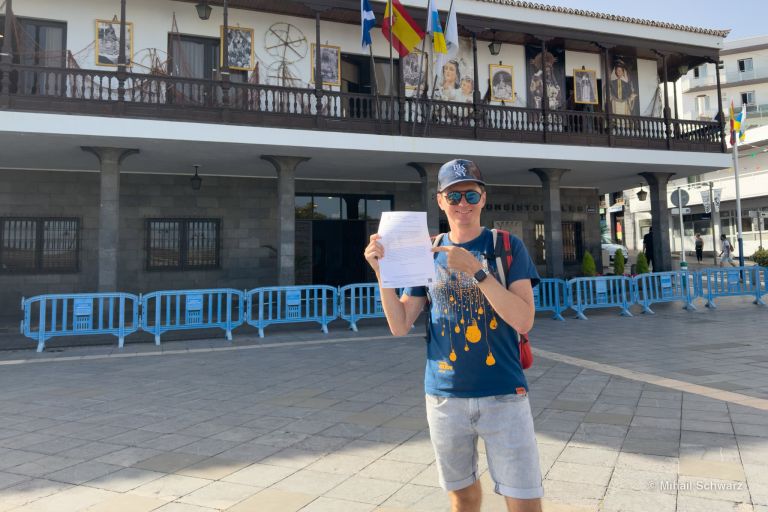In fact, the tenant in Spain is more protected than the landlord. When signing a contract, you lock in the rental amount for the entire term. I’m talking about long-term contracts where the term is specified as one year or more. These contracts are considered long-term. Even if you signed a contract for one year, it automatically extends for the next year and so on for up to 5 years. After 5 years, if both the tenant and landlord agree, the contract can be extended for another 3 years.

Can the rent be increased?
If during the first 5 years the landlord wants to increase the rent, they won’t be able to. Even if you specified in the contract that the landlord can increase it by 100 euros each year, this would be illegal. The rent can only be increased annually based on the IRAV index, and the landlord must notify the tenant of the change at least a month in advance
In 2025, the maximum allowable rent increase in Spain will be 2.2%. This change is related to the introduction of a new basic housing rent index (IRAV), which applies to contracts signed after May 25, 2023. For contracts signed before this date, the consumer price index (IPC) may still be used.
These rules are established by Law 12/2023 of May 24, 2023 «On the Right to Housing» (Ley 12/2023, de 24 de mayo, por el derecho a la vivienda), which came into force on May 26, 2023 after publication in the Official State Gazette of Spain (BOE)
Thus, if you find an inexpensive apartment, you can lock in its price for the next 5 years and live peacefully.
I have friends who have been renting an apartment for 490 euros for a long time, and after 4 years they still pay this price because the owner hasn’t raised the price even by the IPC. Take advantage of this!
Our disputes with the landlord
As for us, we paid 900 euros for an apartment in Costa Adeje. During the entire time, the owner raised the price by 1% only once, so we ended up paying about 910 euros. But the COVID times ended, and the rental price in this area increased significantly. The landlord wanted to rent the apartment for 1600 euros. We refused. Then he offered it to us for 1300. We naturally refused again because we still had 2 years left on our contract.
In this case, he decided to use the law. By law, if the owner needs the housing for his family members, he can demand that you move out. We consulted with a lawyer. If this is the owner’s only property, then yes, he has the right. If not, then the chances are slim.
Then the owner decided to push on another point. That he has a large family, and the area of his main residence is less than needed. And he wanted to expand his living space. And because of this, he wanted to sue us to evict us.
We consulted with a lawyer again. We had a contract and were paying rent on time (this is important). The lawyer said such cases usually last about two years. And the landlord has little chance of winning. Our contract was due to end in two years anyway.
This once again proves that tenants usually have more rights to an apartment than landlords. And even if the landlord wants to evict you or raise the rent, unfortunately for them, they won’t be able to do so.
Squatters and non-payers
By the way, you all love stories about squatters. Squatters are people who occupy empty homes belonging to others, and if they’re not evicted within the first 48 hours, they can almost legally continue living there. Terrible, right?
But there are even more cunning criminals, let’s call them that. They first rent an apartment, and then after some time simply stop paying. So they have a lease agreement in hand, but they don’t pay rent. Such schemers are very difficult to evict. As I mentioned, court proceedings can be dragged out for up to two years. During this time, they also don’t pay.
Then they might say, for example, «Yes, yes, we’ll pay, give us 6 months.» This drags things out even further. Or they might start paying, then stop paying again. The most brazen ones ask for their debt to be forgiven and demand about 5,000 in compensation to move out. Often it’s more profitable for landlords to pay than to spend years in court.
This is a real problem, because of which many apartment owners prefer not to rent to anyone rather than risk their property like this. As a result, Spain lacks housing for rent and has many empty apartments. It’s a vicious circle.





